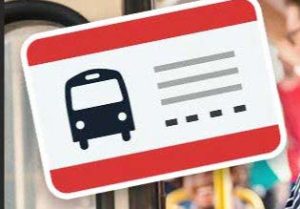Click here to download the PDF.
Over the past many years, I’ve accumulated a wealth of knowledge and experience in the financial industry. But, like many others, my journey to financial literacy was not without its stumbling blocks.
In my twenties, a collection of credit cards and a very large car loan had me entangled in a web of diverse, high-interest obligations. And then, an enticing solution presented itself: debt consolidation (mistake #1).
At face value, consolidating my debts into a single, low-interest loan was incredibly appealing. I was told that it would lower my monthly repayments and provide a clearer path towards becoming debt-free. So, I went ahead and consolidated all my debts.
However, the issue was not the consolidation itself but my subsequent actions. I assumed that by consolidating my debts and lowering my monthly payments, I had my financial situation under control. This false sense of security led to me not altering my spending habits (mistake #2).
Still living beyond my means, I found myself adding to the consolidated debt. My extravagant lifestyle, unnecessary purchases, and additional car expenses persisted, causing my debt to start creeping back up. The lower interest rate was overshadowed by the rising principal, thanks to my unchanged spending patterns.
The wake-up call came when I noticed that the consolidated loan, which should have been reducing, was instead steadily growing. The brief relief that debt consolidation brought was offset by my persistent luxurious lifestyle. To change my financial trajectory, I made the challenging decision to trade in my beloved red Grand Am, an essence of my over-the-top expenses, for a much more budget-friendly bus pass.


This significant change underscored a turning point in my financial mindset. I began to understand that consolidation was merely a tool, not an all-encompassing solution for poor financial habits. It became evident that curbing my expenses and living within my means was the real key to managing my financial situation effectively.
With a revamped focus on trimming my discretionary spending and boosting my income, I slowly began to see a welcomed reduction in my debt. This experience of sacrificing short-term desires for long-term financial health was a tough yet necessary lesson on the path to financial stability.
The Financial Consumer Agency of Canada provides some excellent resources on debt consolidation: https://www.canada.ca/en/financial-consumer-agency/services/debt/plan-debt-free.html
This experience taught me that debt consolidation can be beneficial but must be paired with healthy financial habits. It’s not a magic wand that will make your debt disappear; it’s a tool that needs to be used responsibly. Changing your spending habits is an essential step to effective debt management and financial freedom.
Don’t just consolidate your debt; consolidate your spending habits, too.
Key Takeaways:
- Understanding Debt Consolidation: Debt consolidation is a financial tool that can be extremely beneficial when used correctly. It can simplify your debts and potentially lower your interest payments. However, it is not a solution to excessive spending or poor financial habits.
- The Importance of Healthy Financial Habits: The success of debt consolidation largely depends on the financial habits you maintain post-consolidation. A lower monthly payment can provide a false sense of security, leading to additional spending and increasing debt.
- Beware of the Consolidation Trap: Debt consolidation can become a trap if it’s used as a license to continue or escalate poor spending behaviors. Consolidating your debts without changing your spending habits can lead to an even worse financial situation.
- Embrace Financial Responsibility: If you decide to consolidate your debts, make sure you pair it with a commitment to financial responsibility. This involves creating and adhering to a budget, controlling your spending, and striving to save and invest wisely.
- Utilizing Resources: Use financial resources and tools available to you, like the Financial Consumer Agency of Canada’s website, to help understand and manage your financial situation better. Education and ongoing learning are crucial components of financial health.

